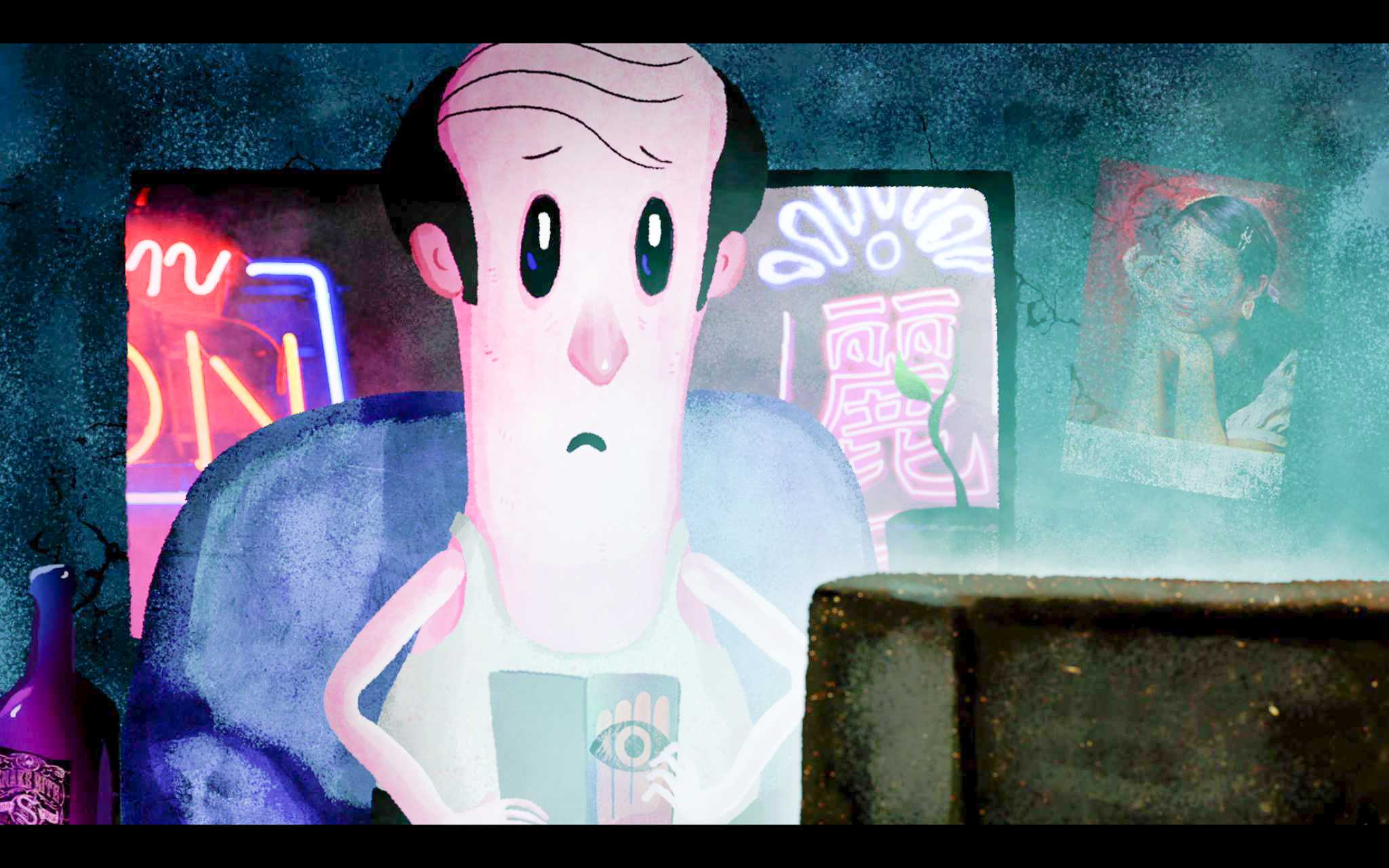After three days, 76 films and many buckets of popcorn, it’s safe to say the inaugural Laguna Film Fest transformed the Laguna Nigel Regency Theater into a miniature Hollywood red carpet event.
“I feel accomplished and tired,” said Austin Fickman, a Laguna Beach High School senior who founded the Laguna Film Festival. “I’m really happy with the turnout for the first year. We survived, and we had audiences up to 150 something people and it was a really cool thing to see filmmakers and film lovers come together.”
With over 24 hours worth of short films scattered throughout three days and nine different categories simply did not feel like enough time. Unfortunately Fickman said due to time constraint films from the experimental category did not end up running.
Fickman said next year he plans to have the event during August where the festival can dedicate a week to the films.
“Alison and Jeremy”
Directed by Alyxandra Press
Alison has a date with her childhood friend Jeremy that she once had a crush on and has not spoken to in ten years. She reminisces on their childhood, their unique love for bugs and how close they used to be. While waiting at a café and imagining their future together, someone covers her eyes and a familiar voice is heard. Alison quickly uncovers her eyes only to reveal her once childhood soul mate is now a transgender woman.
This is such a sensitive topic yet it was played really well. The twist of a transgender Jeremy, now Jenny, truly surprised the audience. The audience was unsure if they should feel bad or excited for Alison, since she had unrealized expectations about her life with Jeremy. This topic was approached with a non-offensive humor, and the reality sets in about the hardships of the transgender community. You know a film is good when it keeps the audience talking long after the screening.
“Pokey Pokey”
Directed by Junjie ‘Jake’ Zhang
The bizarre animation was about censoring children from bad media, drugs and prostitution. While corruption takes over the city, an advertisement for the sports drink ‘Pokey Pokey’ plays a hypnotizing song serving as a constant reminder of how to cover children’s eyes. Seats on buses have eye covers on them, the Mayor shows that he covers his own son’s eyes and classrooms don’t teach material and just how to cover eyes. This takes an eerie turn when adults start to rip the eyes out of their children.
The 2D animation had vibrant colors and Japanese inspiration. The story focused on one little boy and how he saw the word being censored which caused him to fear censoring. The only solution on how to better the community was to cover the eyes of the young generation.
“Alzheimer’s: A Love Story”
Directed by Gabe Schimmel, Monica Petruzzelli, Amanda Le, Riani Singgih
This documentary follows Michael, a retired educator, as he fights to eradicate Alzheimer’s disease, which eventually takes his partner Greg of 40-plus years away from him. The documentary portrays the strong bond between Michael and Greg and how Alzheimer’s affects their relationship.
Documentaries sometimes feel daunting because of the buckets of information thrown at viewers. But “Alzheimer’s: A Love Story” is easy to follow, and though it has a positive tone, it still manages to stress the hardships of Alzheimer’s disease. This is a film about the human capacity for patience and love in the face of impending existential doom. It’s as inspiring as it is poignant.
“HELIO”
Directed by Teddy Cecil
The dystopian film takes place in an underground city cast in darkness. When an injured miner finds a key to a mother ship, he unwittingly gets tangled up with rebels up who are looking to cause an uprising. The rebels end up bringing the miner nothing but trouble, and he eventually finds himself listed as an enemy to the public.
The film’s concept of craving light was interesting and unique. The idea of having a world above with light and the world below in complete darkness was terrifying. The way the government and army charged people for light clinics to get vitamin D was unsettling. It begs the question: Where do we draw the line when it comes to commodification?








